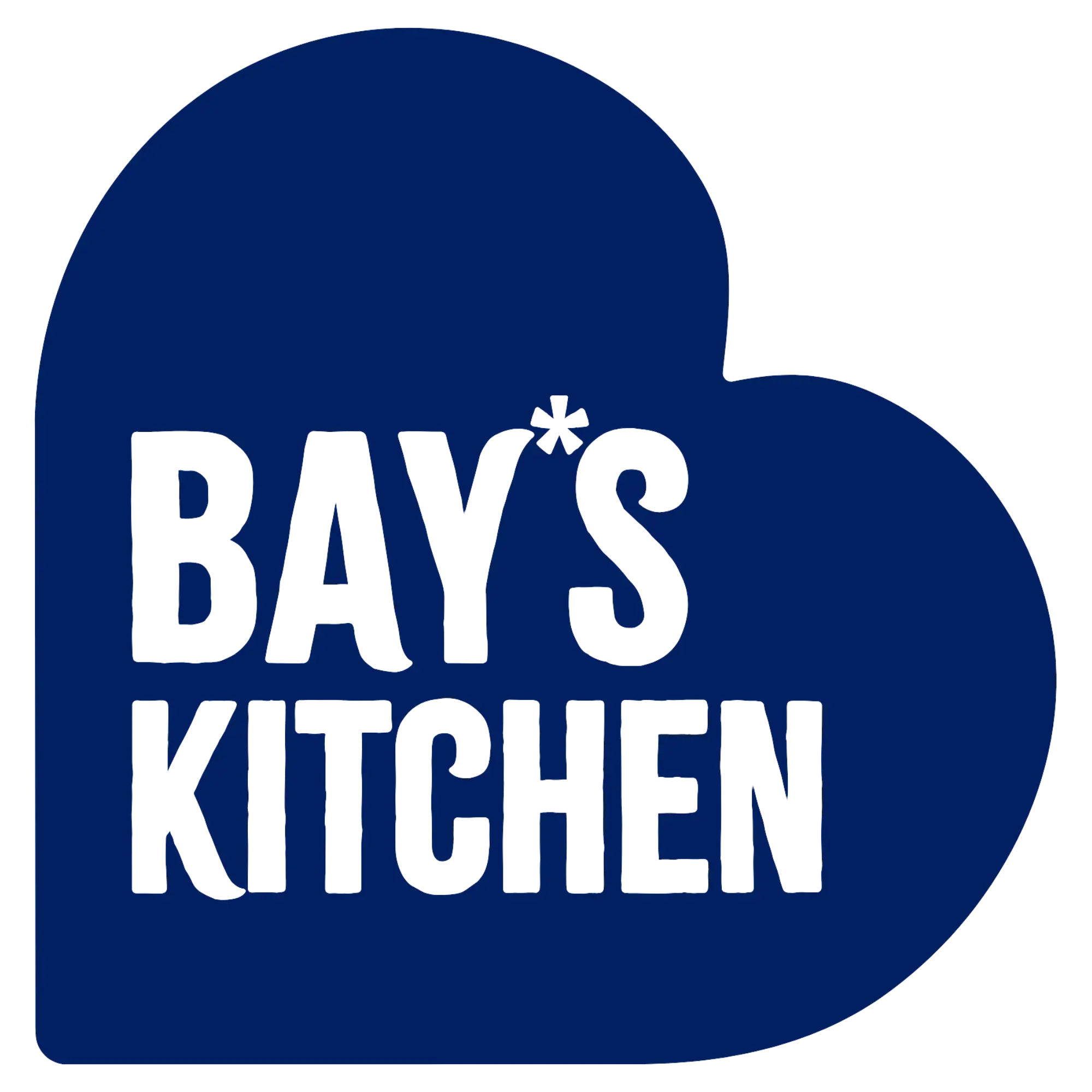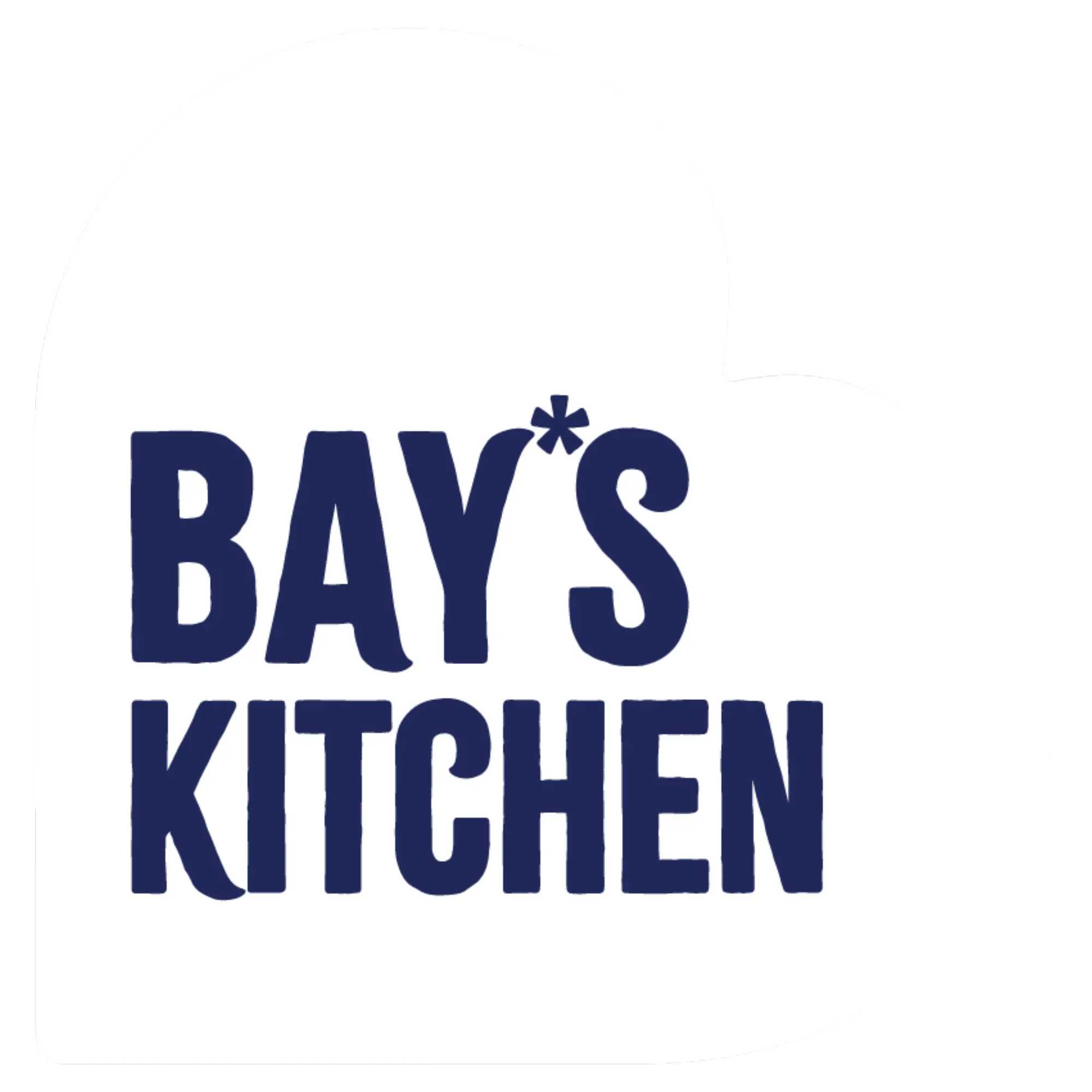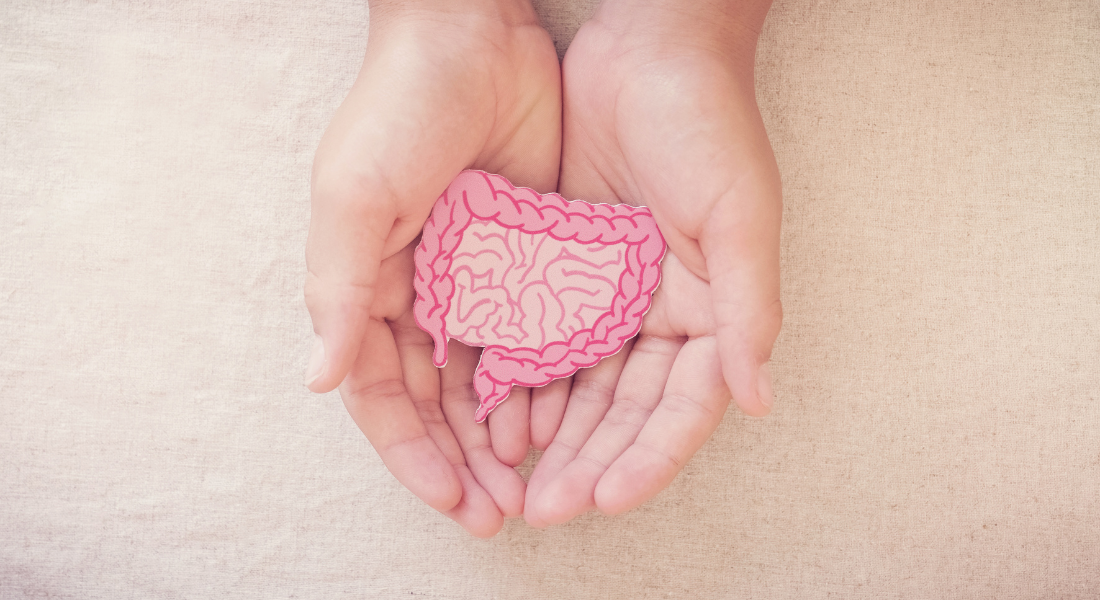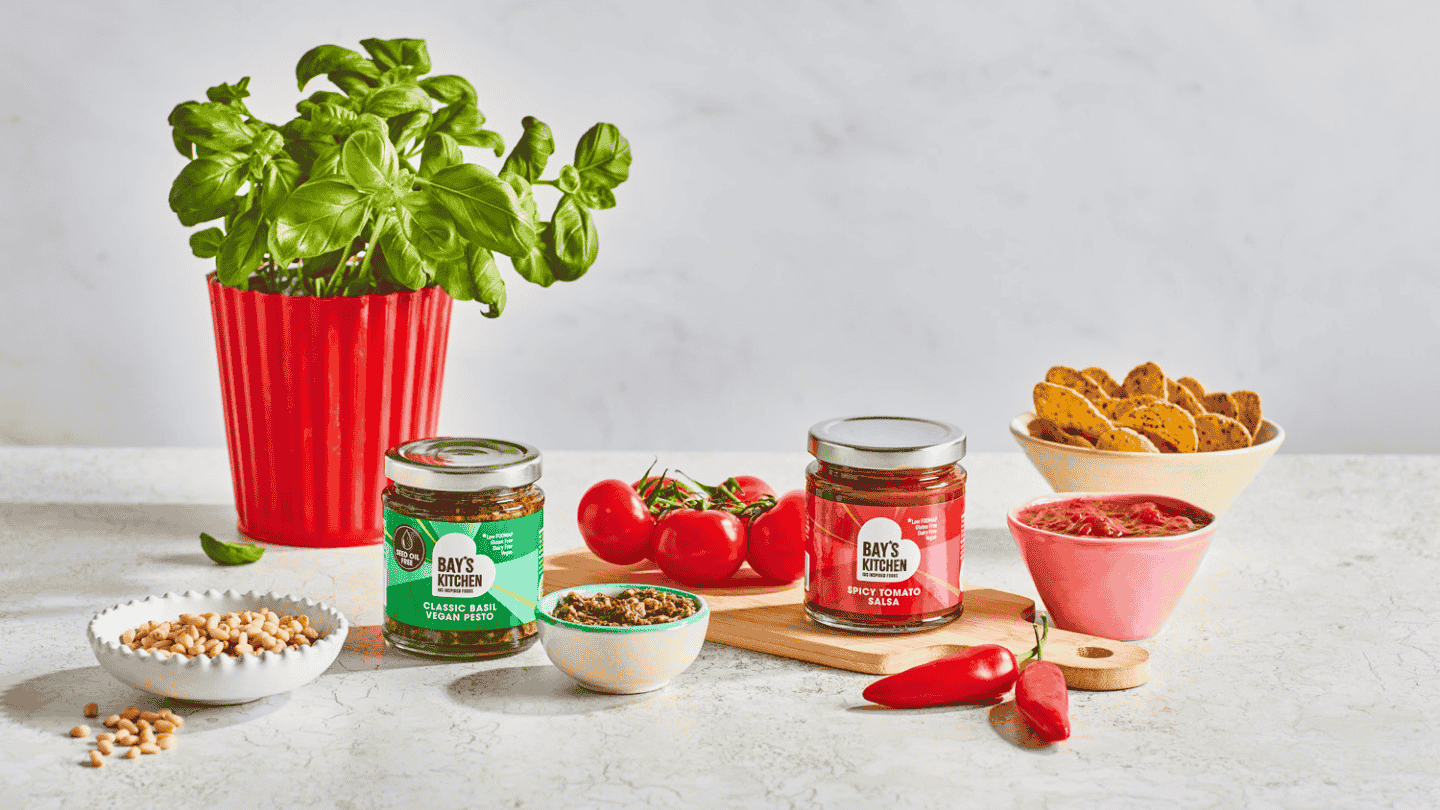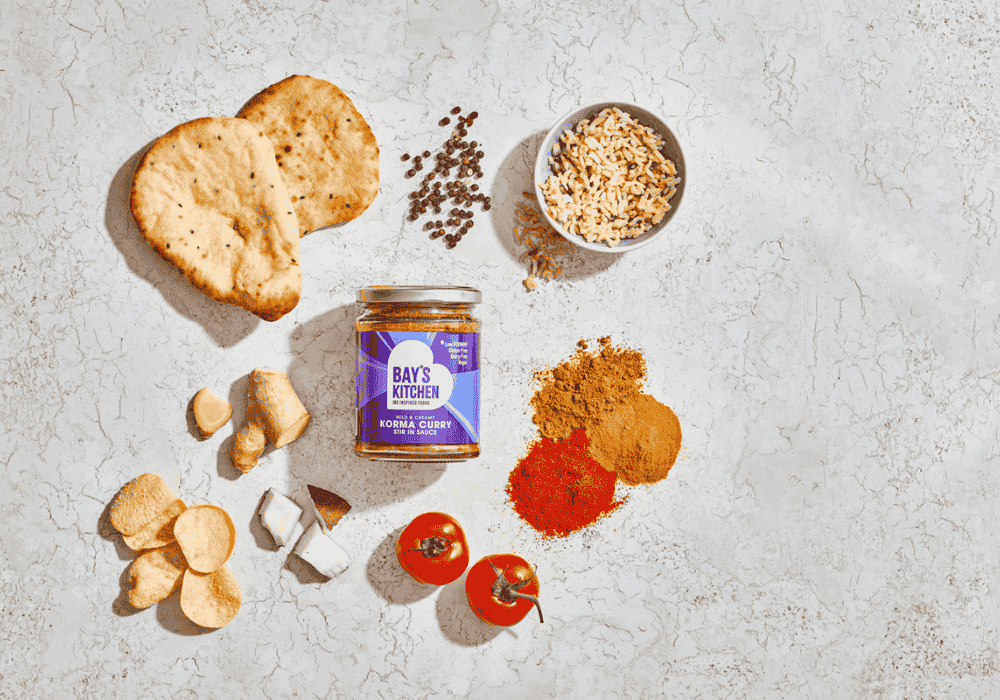Now the children are back to school, work has restarted and a sense of normality has returned, it's the perfect time to start looking after your gut health! After the festive season, we often find ourselves navigating the aftermath of indulgent feasts and celebratory gatherings. The joyous occasions often come hand-in-hand with culinary delights, but they can also leave our digestive systems feeling a bit overwhelmed. And for those of us who grapple with irritable bowel syndrome (IBS) or other gut conditions, the post-holiday period might bring an extra layer of challenge. However, fear not – in this article, we delve into strategies tailored to rejuvenate your gut health.
Food Trigger Awareness
If you suffer from IBS or gut problems, you likely are aware that certain foods can trigger your symptoms. We tend to call these ‘food triggers’, and they can lead to a range of symptoms, including digestive issues, abdominal pain, bloating, diarrhoea or constipation, to name a few. Be aware that eating late at night or out of routine may also trigger symptoms. Understanding your triggers is a key step in managing IBS and your gut health.
Although food triggers are different for everyone, some of the most common include:
- FODMAPs: Fermentable oligosaccharides, disaccharides, monosaccharides, and polyols are short-chain carbohydrates that some people find difficult to digest. Examples include onion, garlic, wheat and processed meats.
- Dairy: Lactose intolerance can cause digestive discomfort for individuals who lack the enzyme needed to properly digest lactose, a sugar found in dairy products.
- Gluten: Gluten, a protein present in wheat and other grains, can be problematic for individuals with celiac disease or gluten sensitivity.
- Spicy foods: Some individuals may experience digestive distress from consuming chili so spicy foods can be a trigger.
- High-fat and ultra-processed foods: High-fat snacks leftover from Christmas and New Year often contain a lot of additives and preservatives, which can be a trigger for IBS symptoms.
But let’s look at the positive side of this situation. January provides a natural opportunity to reset and prioritise gut health by eliminating the seasonal food triggers that tend to dominate during the festive period. The abundance of rich, sugary treats, often laden with artificial additives, tends to be unique to the festive season.
By transitioning away from these indulgences this month, you can effortlessly cut out significant food triggers without thinking too much about it. An intentional shift away from food triggers toward cleaner, nutrient-dense choices in the new year can contribute to improved digestion and overall well-being.
Alcohol Consumption
It’s hard to avoid alcohol over the festive season, and for those of us who drink alcohol we tend to drink more than we usually would the rest of the year. Alcohol is a gut irritant and can affect gut motility, which can cause an IBS flare. You may find too much alcohol can cause increased cramping, bloating, acid reflux and diarrhoea. However, now we are in the new year, it’s a good time to seek a healthier balance. Dry January is a popular event that saw over 175,000 taking part in 2023. Why not try to reduce your intake and start 2024 off on the right foot?
If you don’t want to cut alcohol out completely, there are many alternative beverage options to explore, such as mocktails or lighter alcoholic options, which provide a constructive way to cut down on alcohol consumption. Embracing mindful drinking practices and setting achievable goals, fostering both physical well-being and a sense of mindful enjoyment.
Ultra-processed Foods
We mentioned above that a lot of festive food (especially displayed at buffets and parties) is ultra-processed and high in sugar and additives (preservatives, emulsifiers, artificial flavourings and colours). Research shows that the consumption of ultra-processed foods is associated with IBS and intolerance or sensitivity to additives can cause an increase in frequency and intensity of symptoms.
With less exposure to these foods in January, you can focus on whole, unprocessed foods. Check product labels for a list of ingredients. Choose items with shorter ingredient lists, and be cautious of additives, preservatives, and unfamiliar chemicals commonly found in ultra-processed foods. Incorporating a variety of fruits, vegetables, and lean proteins can be a simple yet effective strategy to foster a healthier gut environment.
5 Top Tips to Boost Gut Health to Start 2024
If you’re keen to reset and prioritise your gut health in 2024, then why not give these five tips a try:
- Diversify Your Diet with Fiber-rich Foods: Include a variety of fruits, vegetables, whole grains, legumes, and nuts in your diet (but be mindful of FODMAPS). These foods are rich in fibre, which acts as a prebiotic, nourishing the beneficial bacteria in your gut. Make sure you increase your fibre intake slowly to avoid any negative effects such as bloating.
- Stay Hydrated: Water helps with the digestion and absorption of nutrients, and it supports the mucosal lining of the intestines. Opt for water over coffee as caffeine acts as a stimulant, and in people with IBS, it may get things moving too quickly and contribute to diarrhoea. Aim to drink eight glasses of water per day.
- Manage Stress Levels: Chronic stress can negatively impact gut health. Practice stress-reducing activities such as regular exercise, Pilates, meditation, deep breathing exercises or mindfulness. Ensure you also get enough sleep. Lack of sleep can make your perception of symptoms worse. This may increase symptom-related anxiety, which increases symptoms – it’s a vicious cycle! Keeping a stress-free kitchen is a fantastic idea and what's more stress-free than a cupboard full of easy, safe and quick products from Bay's Kitchen? Shop their range here.
-
Limit Processed and Sugary Foods: Highly processed foods may promote the growth of harmful bacteria while reducing the diversity of beneficial ones. Opt for whole, unprocessed foods and limit the intake of sugary snacks. This includes trying to limit sugary fizzy drinks, which can cause bloating and discomfort. The Bay's Kitchen range are a great alternative to highly processed foods.
- Exercise: Movement is so important for your overall health and wellbeing but can also help prevent and improve IBS flare-ups. Start slow with some low impact exercises like yoga which also helps to reduce stress - it's a win win!
